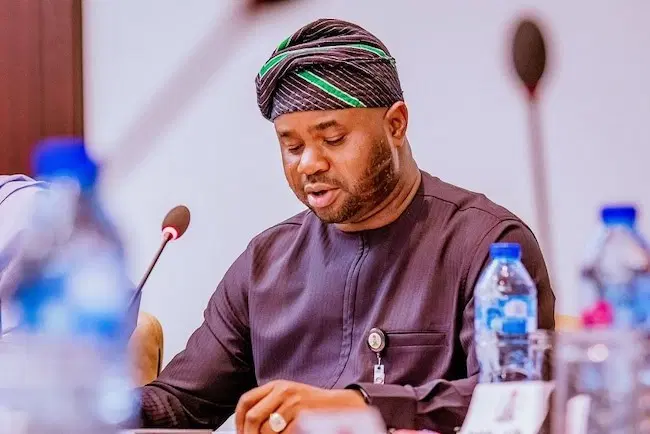INFO TECH

HOW FIRS UNDER ZACCH ADEDEJI IS USING TECHNOLOGY TO BOOST NIGERIA’S ECONOMY
The Federal Inland Revenue Service (FIRS) is taking bold steps to transform tax administration in Nigeria, and under the leadership of Dr. Zacch Adedeji, technology is at the heart of the change.
Adedeji’s approach focuses on putting people first while leveraging innovation to make tax processes simpler, faster, and more transparent. According to Arabinrin Aderonke, his technical assistant on broadcast media, FIRS is no longer just a government agency—it’s now being seen as “a partner in national development.”
One of the biggest reforms came in August with the launch of an electronic invoicing system for companies earning ₦5 billion or more annually. Since going live on August 1, about 1,000 firms, including MTN, Huawei, and IHS, have already joined. Businesses have until November 1 to comply, and the gradual rollout is designed to avoid disruptions. This shift is already paying off—Afri Invoice, a Nigerian e-invoicing company, has created 150 jobs across seven states to meet the growing demand.
FIRS is also driving transparency and knowledge sharing. On August 7, it held its first Research Day, releasing three major resources:
Tax Revenue Statistical Bulletin – containing over 50 years of data
Research Policy – to promote transparent, high-quality studies
FIRS Journal of Tax Studies – now available online
These resources are open to researchers, journalists, policymakers, and the public, helping Nigerians better understand the country’s tax history and future direction.
Beyond technology, Adedeji is strengthening public engagement through tax education—especially for small and medium enterprises—while improving partnerships with state revenue agencies. Dispute resolution processes have also been streamlined, making it easier to settle tax matters without long court cases.
Digital upgrades now allow taxpayers to register, file, and pay taxes from anywhere, reducing bureaucracy and saving time. Capacity building for FIRS staff ensures they have the skills to keep up with modern tax administration practices.
Aderonke summed up the transformation by saying, “In a country where many lead for themselves, he leads for the people.”
With these reforms, FIRS is not just collecting taxes—it’s building trust, creating jobs, and driving Nigeria’s economic growth.
"This represents a significant development in our ongoing coverage of current events."— Editorial Board









